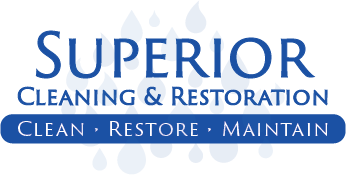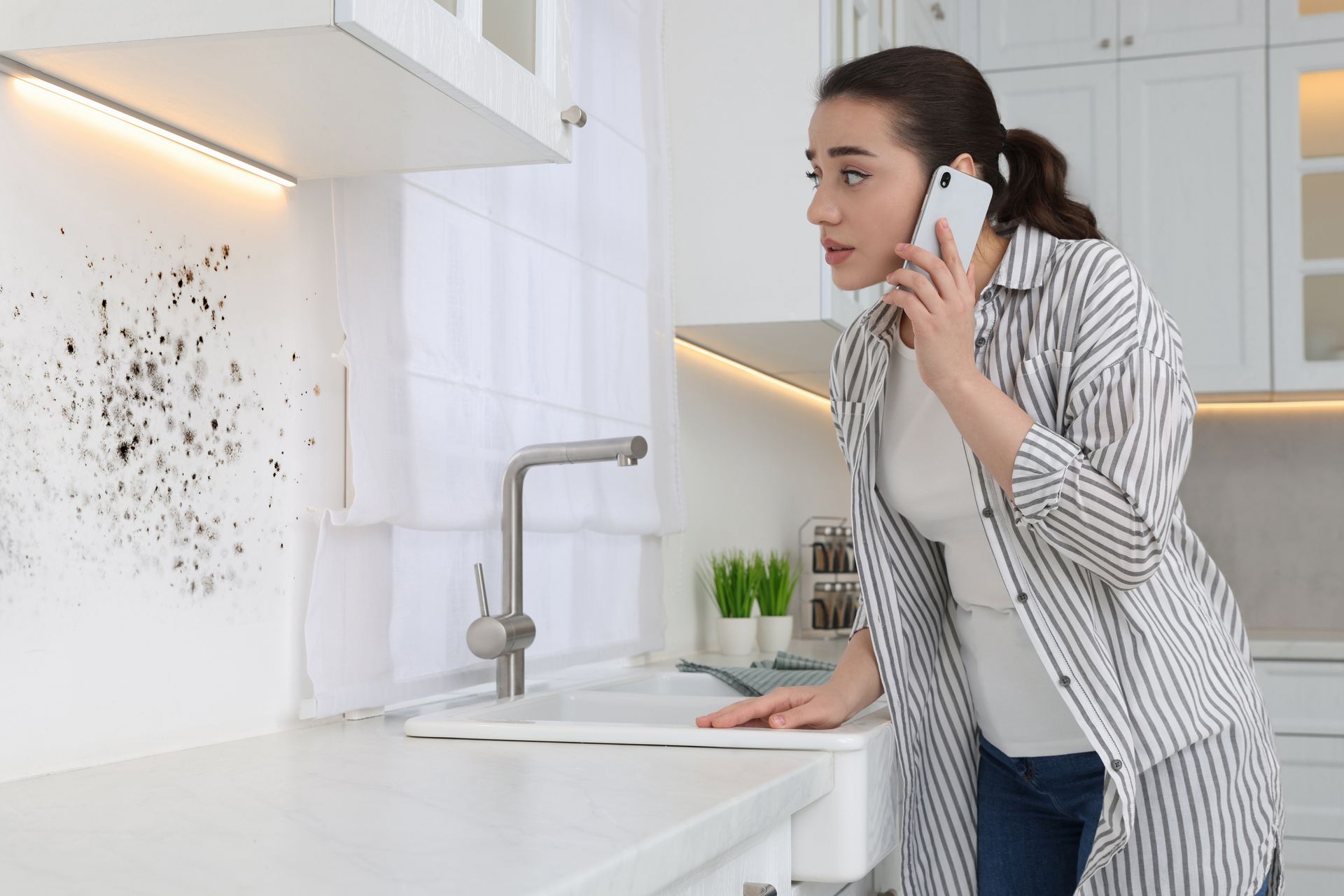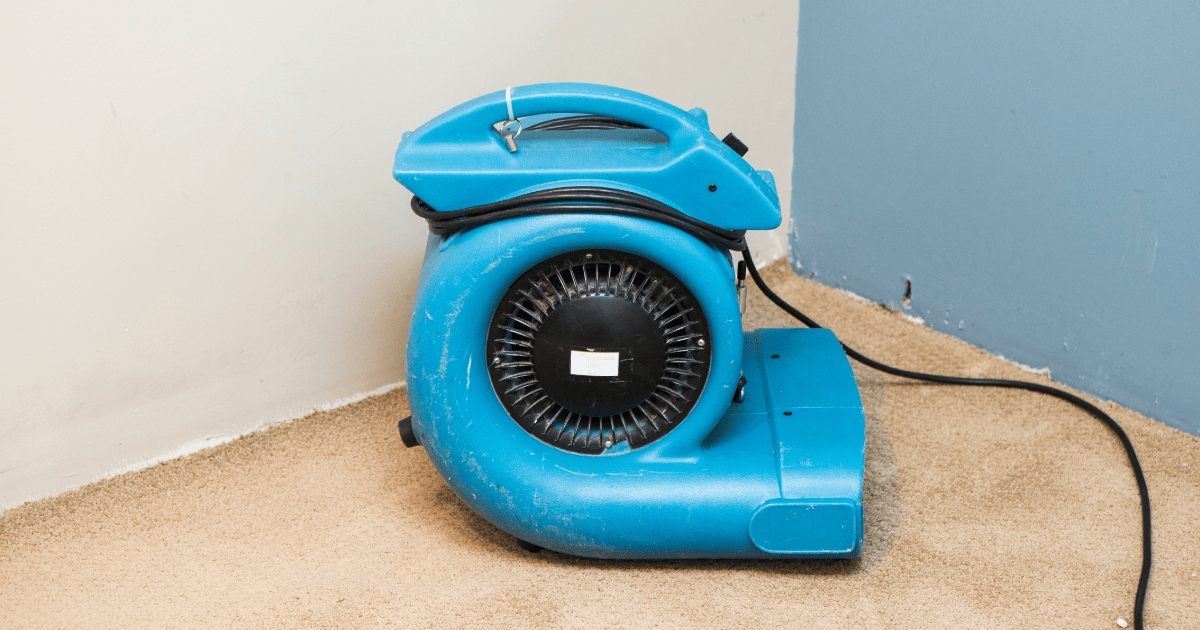
Water intrusion can have widespread and costly consequences if left untreated, whether caused by a small, slow drip or a flood following a hurricane.
In the worst-case scenario, water damage can lead to significant damage and compromise the integrity of a building. However, it can also result in the proliferation of mold, posing a health risk to vulnerable individuals and potentially causing respiratory illnesses.
Additionally, the saturation of carpets and other structures can create an unpleasant odor and unsanitary conditions for a building’s occupants.
To prevent the costly consequences of water damage, it's crucial to identify signs early on and take prompt action.
Here, we’ll explore common causes of water damage in Stevens Point, WI, and provide strategies to prevent it from occurring.
1) Plumbing leaks
The most frequent source of water damage in homes is plumbing system leaks. These leaks often arise from corroded pipes due to rusting. Other contributing factors include high water pressure, faulty pipe joints, extreme temperatures and damaged water connectors.
Unfortunately, identifying water leaks is not always straightforward. For example, a slowly dripping pipe inside a wall can be near impossible to find without professional equipment.
Therefore, it’s crucial to remain vigilant and look for any signs of leaks (water stains or discoloration, musty odors, a dripping sound, or an unusually high water bill) and promptly address them.
2) Burst pipes
A burst pipe can send vast quantities of water throughout a property if not caught in time.
Temperature fluctuations are a common cause of burst pipes. When temperatures drop, the water inside pipes can freeze and expand, leading to pipe ruptures.
Older and corroded pipes are more susceptible to bursting under these conditions, so look to replace them, if possible.
3) Clogged gutters
Many homeowners neglect to clean their gutters, allowing debris (tree leaves, weeds, ice, and sludge build-up) to accumulate and obstruct the drains.
Once gutters become clogged, water cannot flow through them properly, leading to pooling and overflow near the home's structure, resulting in water infiltration.
Clearing out gutters periodically, ideally before spring, can prevent this.
4) Poor drainage
Water can also enter a property if the external drainage is poor. In conjunction with poor grading in the yard, water can accumulate around the property's foundation, which is potentially bad news for the structure.
The same applies to interior drains for kitchen and bathroom sinks, wet rooms and bathtubs. These can quickly back up thanks to accumulated hair, grease buildup, toiletries, dirt and other residue.
Checking drains for minor blockages before they become major obstructions can help to avoid overflow.
5) Roof leaks
Roof leaks can cause extensive water damage as they compromise the first line of defense for any property. When water seeps through the roof, it can damage the ceiling and walls, causing discoloration, peeling paint and, eventually, structural damage to the roof itself, which can be expensive to repair or replace.
If left unattended, the damp environment created by roof leaks can also result in mold, mildew growth, and damage to roof insulation, leading to higher heating and cooling costs.
Regular roof inspections are essential to prevent water damage caused by roof leaks.
6) Aging or failing appliances
Water appliances, such as aging water heaters and washing machines, have massive potential to cause water damage when they malfunction.
Suppose the hoses, seals and valves that feed a major appliance (washing machines, dishwashers etc.) burst, this can quickly leak large quantities of water throughout a property, causing significant water damage.
Potential signs of aging equipment can be identified by listening for unusual noises or looking for rust. Also, if a water heater, for example, is failing to warm up, it could be a sign that it may soon begin leaking water.
7) Malfunctioning HVAC system
HVAC system failure can also lead to water damage. Malfunctioning drain pans or condensate drain lines can become damaged or clogged with dust or dirt, leading to water leakage that can cause extensive damage to floors, walls and insulation throughout a building.
Again, regular checks and maintenance of the HVAC system can help prevent such issues from occurring.
8) Blocked toilets
Toilet blockages are another potential cause of water damage in homes. These blockages can occur due to the accumulation of solid waste or due to clogging of the drainage system.
When a toilet becomes blocked, water may overflow, causing flooding and damage to the surrounding floor area. This can create a messy situation in the house which, if not addressed promptly, can pose a health hazard, leading to unsanitary conditions.
9) Sewage backup
When sewers become overwhelmed or blocked, or a septic tank is filled to capacity as a result of heavy rain, sewage can enter a property through floor drains, toilets and sinks, causing extensive damage and contamination to floors, walls and personal belongings.
This issue is particularly prevalent in areas where the sewer system is outdated or poorly maintained.
Sewage backup not only creates an unpleasant and unsanitary mess, but it also poses a health hazard. The odors emanating from the backup can be overpowering and intolerable, too.
Fortunately, a solution exists: installing a backwater valve on the sewer line is a simple but effective step that can prevent sewage from flowing backwards into a property.
10) Accidental overflow
Water overflow is another potential cause of water damage. It can happen when sinks or faucets are left running or not turned off properly.
When water overflows, it can damage floors, carpets, and other structures, and create an environment that promotes mold growth.
If it’s not possible to turn off the water at the source, shutting off the main water supply can prevent further damage until the issue can be resolved.
11) Extreme weather
Without doubt, inclement weather is one of the leading causes of water damage in Stevens Point, WI.
Properties in Wisconsin can be susceptible to flooding because of heavy rainfall, snowmelt, thunderstorms and ice jams. These weather conditions can cause rivers and streams to burst their banks, resulting in flash floods.
In addition, Stevens Point, WI, is known to experience flooding caused by severe thunderstorms that can drop large amounts of rain in a short period.
Filling in cracks, ensuring that doors and windows are well sealed and carrying out regular checks and roof maintenance can help protect against weather-related causes of water damage.
Professional water damage experts can help!
For home and business owners concerned about water damage in Stevens Point, WI, seeking assistance from a professional water damage restoration company can be highly beneficial. Such companies can provide guidance on safeguarding a property against water damage and provide assistance in restoring it to its original state should the worst happen.
The team at Superior Cleaning & Restoration possesses not only the necessary equipment, but also specialized training, experience and knowledge of industry best practices to properly dry and restore structures to prevent further damage and mold growth.
They’re capable of swiftly assessing the extent of the damage, devising a plan of action and implementing suitable restoration techniques for all types of water damage.
To get in touch, call them at (715) 768-6030 today! or submit their online form.
More To Explore
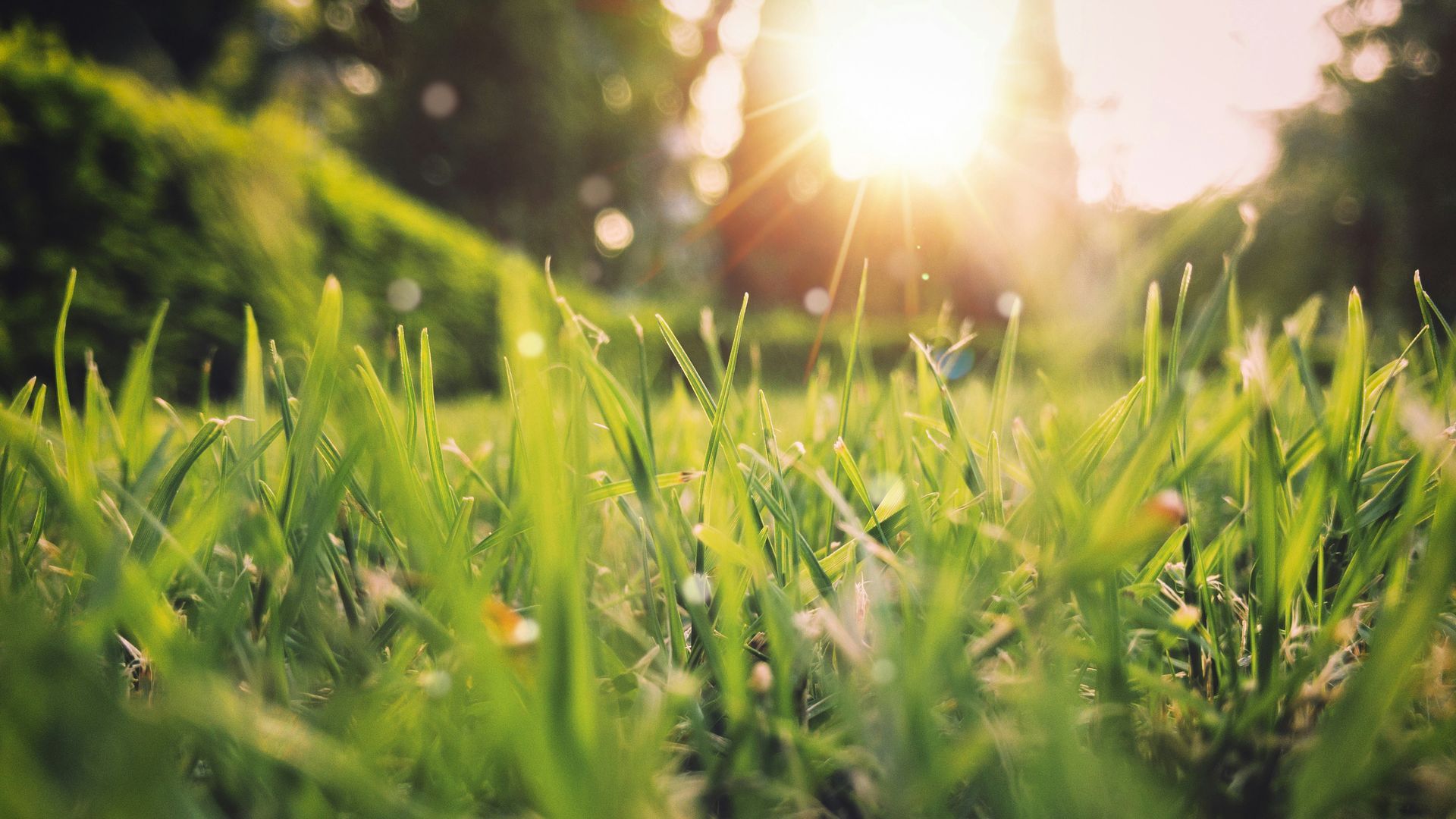
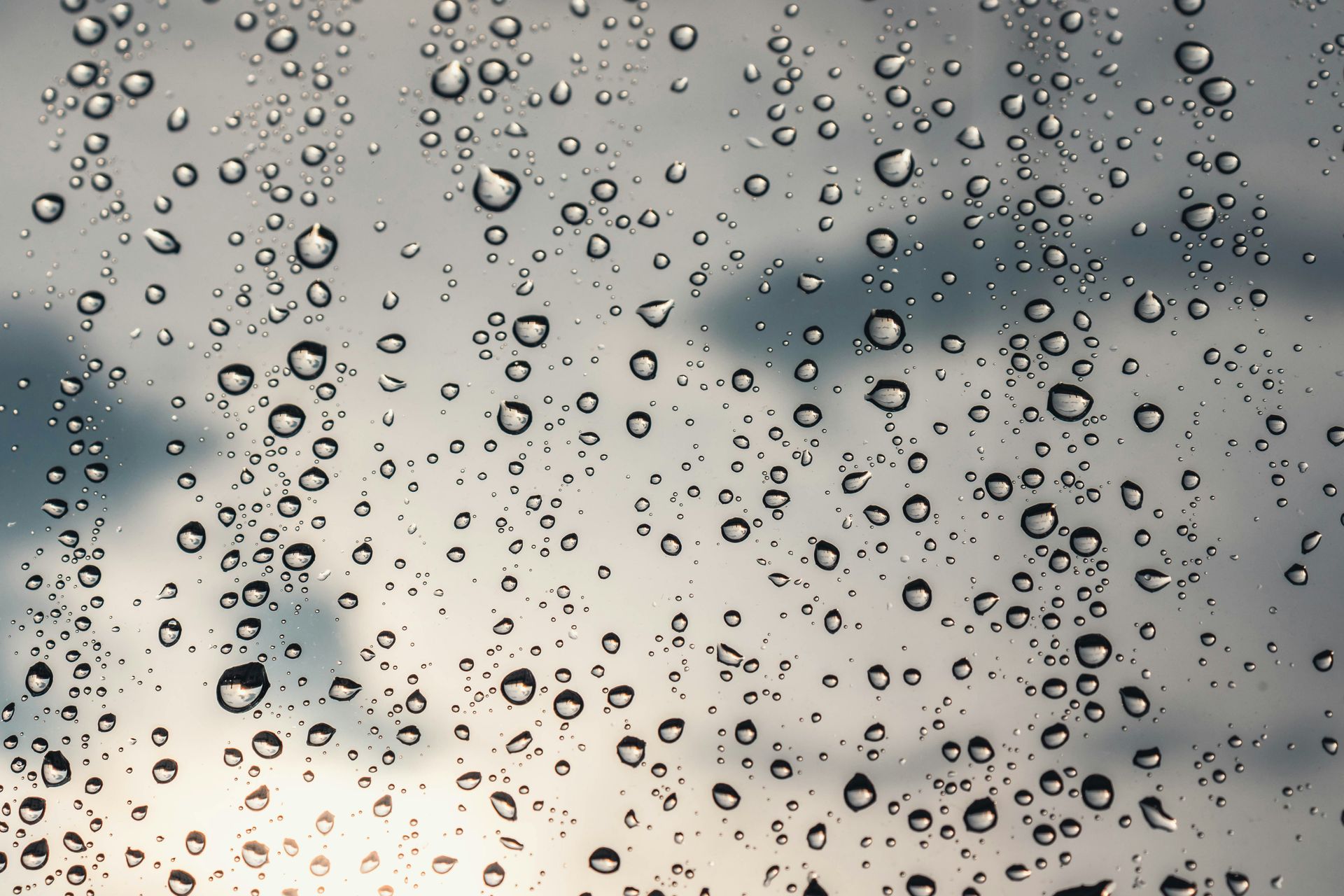
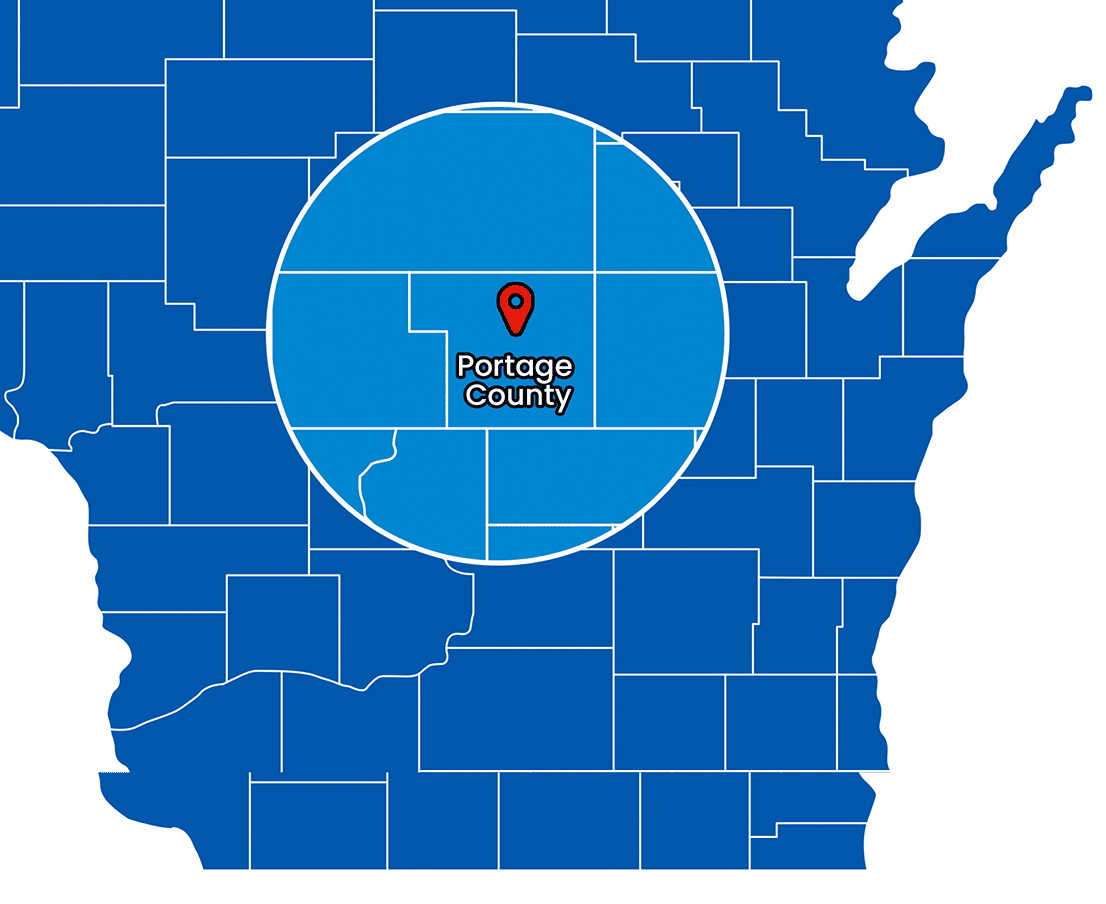
Superior Cleaning & Restoration Service Areas
Get A Free Estimate
Do you have questions, need more information, or a would you like a worry-free, no obligation estimate? Fill out this bit of information and we'll contact you asap!
Need Help With Cleaning & Restoration?
GET A FREE QUOTE TODAY
We are IICRC certified and hire only the most trustworthy and dedicated team members to ensure that each job is taken seriously and handled with absolute professionalism.
All Rights Reserved | Superior Cleaning & Restoration
